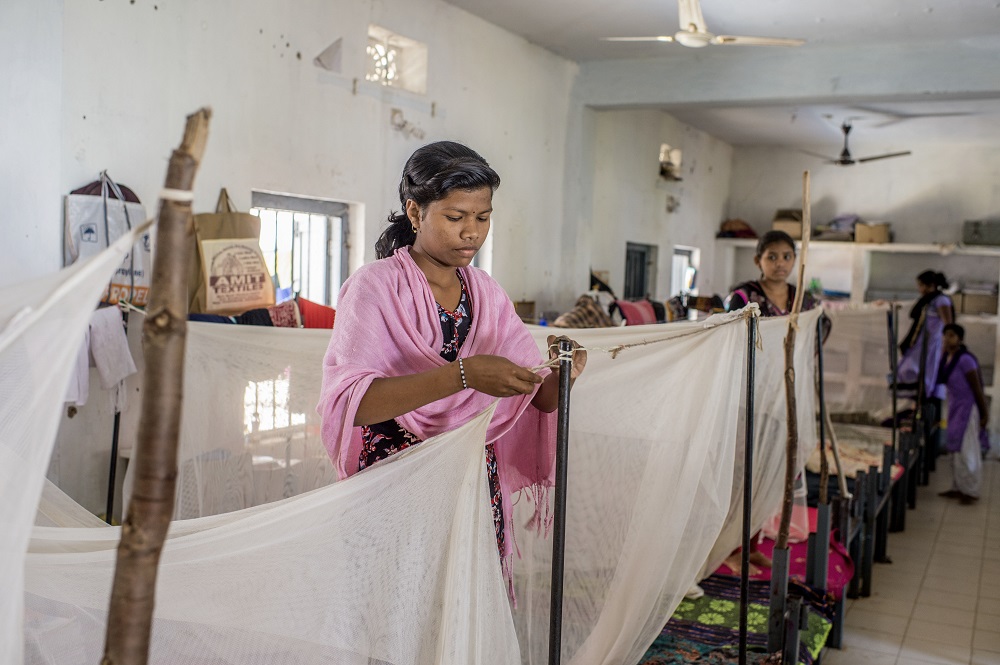Adam Hartley | New Delhi
The number of Zika virus cases in Pune is climbing steadily, reaching 52 as of Saturday, as monsoon floods create ideal breeding conditions for mosquitoes. Four patients infected with the virus have died, prompting an investigation by the Public Health Department to determine the exact causes of death.
The hardest-hit area is the Erandwane Ward Office, with 11 reported cases. Dahunkar Colony follows with 10 cases. Other affected areas include Kahradi (6), Pashan (5), Mundwa (4), Suksagar Nagar (4), Ambegaon Budruk (3), Ghole Road (3), Kalas (2), Dahankawadi (1), Lohgaon (1), Dhole-Patil Road (1), and Wanowrie (1). On Thursday, three new cases were identified: one each in Gujarat Colony, Shivaji Nagar, and Mangalwadi.
Among the dead are two elderly men, aged 73 and 75, as health authorities have pointed to an increased risk of severe symptoms in the elderly due to weakened immune systems and pre-existing conditions.
Zika, a viral disease spread by Aedes mosquitoes, shares symptoms with dengue and chikungunya and is generally non-fatal. However, it is linked to severe birth defects, such as microcephaly, when contracted by pregnant women. India’s first Zika case was reported in Gujarat in 2016.
Since July 27, fatalities in Pune from the Zika virus have risen from two to four, while cases have increased from 48 to 52. Although specific surveillance efforts were not detailed in the current report, earlier statements suggest a robust strategy to detect and confirm cases. Containment measures likely include efforts to control the Aedes mosquito population.
In Karnataka, a 74-year-old man infected with Zika has died. The Federal Health Ministry has issued an advisory urging states to be vigilant, screen pregnant women, enhance surveillance, and intensify vector-control activities.
The Indian Council of Medical Research (ICMR) has recommended increased testing for Zika, including testing patients with chikungunya and dengue-like symptoms who test negative for these infections.
With monsoon conditions fostering mosquito breeding and a concurrent spike in dengue cases, state governments and the public are urged to ramp up mosquito-control measures to curb disease transmission.
What is the Zika virus?
The World Health Organization (WHO) describes Zika as a mosquito-borne virus first identified in Uganda in 1947 in a rhesus macaque monkey. Human infections were recorded in the 1950s. Zika is mainly transmitted by Aedes mosquitoes, which also spread dengue and chikungunya. These mosquitoes typically bite during the day. Transmission can also occur through sexual contact, from mother to fetus, and through blood transfusions.
What are the symptoms?
Most people infected with Zika do not develop symptoms. For those who do, symptoms usually appear 3–14 days after infection and are generally mild, including rash, fever, conjunctivitis, muscle and joint pain, and headache, lasting 2–7 days.
How is Zika diagnosed?
Zika may be suspected based on symptoms or presence in an area with Zika transmission. A laboratory test is required for diagnosis. A recent report in The Hindu highlighted gaps in tracking and surveillance, noting that the Central Drugs Standard Control Organisation (CDSCO) confirmed in March 2023 that there was no approved diagnostic test for Zika in India. Samples are typically sent to select labs, including the National Institute of Virology, causing delays.
What are the complications caused by Zika?
Zika infection during pregnancy can lead to microcephaly and other congenital malformations, as well as preterm births and miscarriages. About 5–15% of infants born to women infected with Zika during pregnancy show Zika-related complications. Zika is also linked to Guillain-Barré syndrome, neuropathy, and myelitis in both adults and children.
Is there a vaccine?
Currently, no vaccine exists for Zika prevention or treatment, though research is ongoing. In India, several companies are working on vaccine development. Bharat Biotech’s “killed Zika virus vaccine” showed 100% efficacy in animal studies in 2017. Indian Immunologicals Limited is also developing a vaccine.




